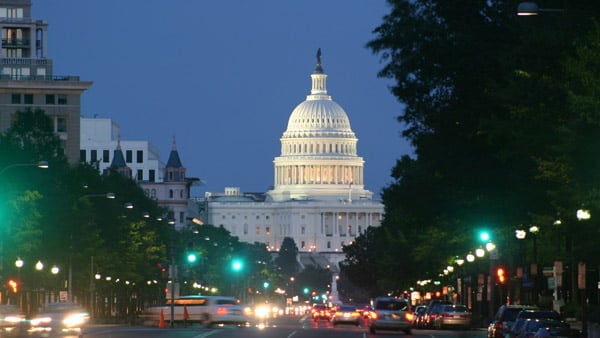
 (Image: Shutterstock)
(Image: Shutterstock)
The tax overhaul is unlikely to play a significant role in the November midterm elections, according to a paper published last week by the Brookings Institution.
Brookings fellow Vanessa Williamson, the paper's author, says there are only a few avenues by which the legislation is likely to help Republican chances at the polls.
She writes that Republicans could be rewarded for general economic growth created by the law, but notes that the strong relationship between economic growth and electoral rewards for incumbents holds only in presidential election years.
Republicans might also receive gratitude at the polls for more money in people's paychecks, but according to Williamson, voters tend to respond to general economic conditions rather than their personal situation.
In her paper, she identifies several reasons the tax bill is unlikely to help Republicans much in November.
Individual voters are very unlikely to reward Republicans for the income increase they personally experienced from the tax law, Williamson says, because the tax cuts most people will receive are small.
People in the bottom three income quintiles will see about a 1% increase in after-tax income, while those in the middle income quintile — households making between $48,600 and $86,100 annually — will take home a little less than $20 extra each week, on average.



